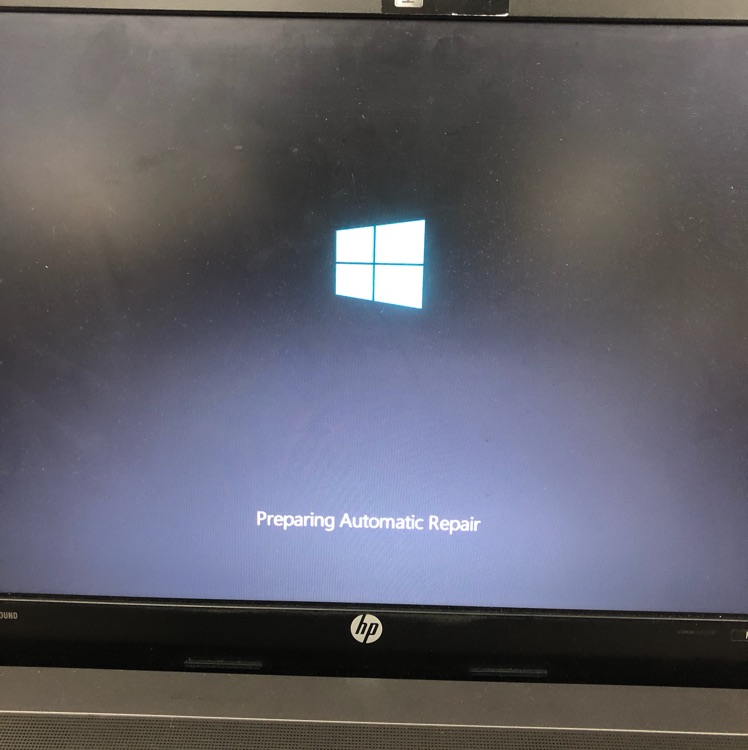
Ssey
No personal profile
2Follow
0Followers
0Topic
0Badge
Hi
Treasury yields climb with focus on employment data
Cool
Facebook: Simply Unstoppable
Good
US IPO Week Ahead: DiDi makes its billion-dollar debut in a 17 IPO week
Hi
Here are Wednesday's biggest analyst calls of the day: Netflix, Amazon, FedEx, McDonald's & more
Like
Up 190% in a Year, Is Shift4 Payments Stock a Buy?
Go to Tiger App to see more news